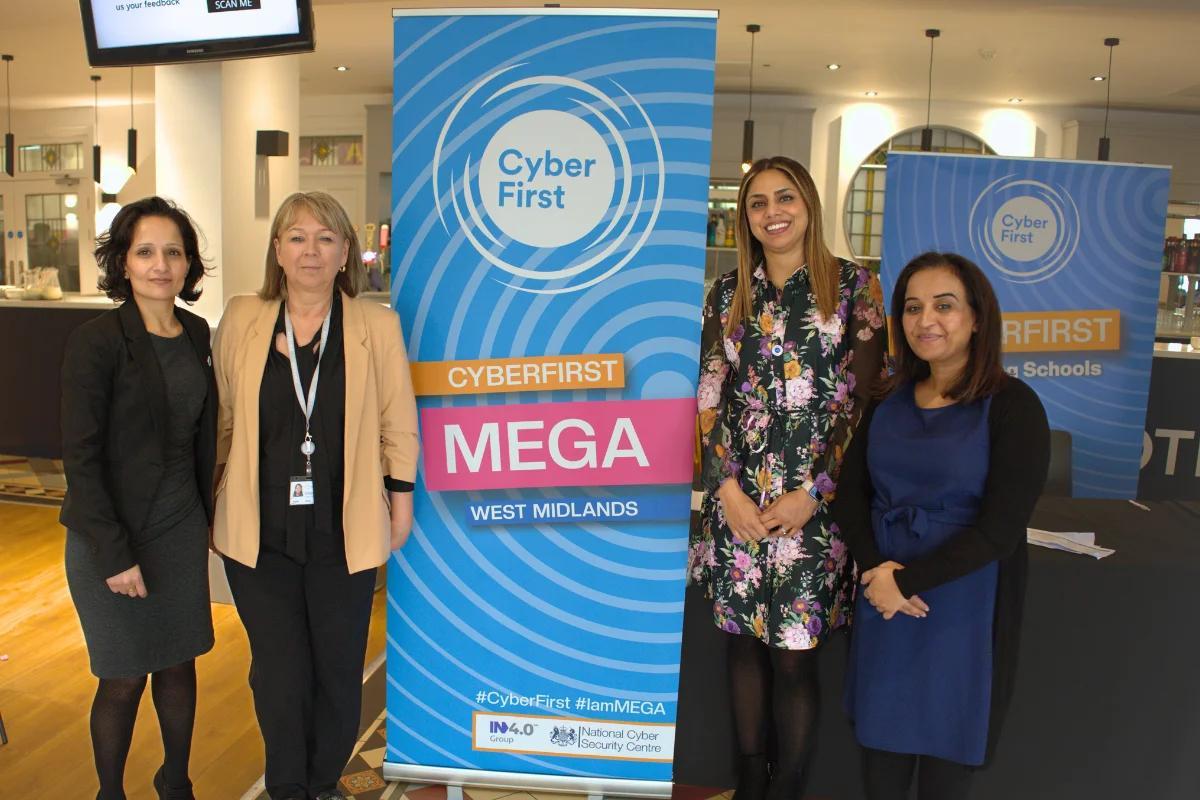How virtual learning can transform nursing education

There is a mounting nursing crisis in England’s hospitals as they struggle to recruit staff or fill tens of thousands of nursing vacancies. Indeed, the most recent NHS figures reveal there are approximately 39,000 vacancies for registered nurses.
At the same time, the number of nurses from the European Economic Area joining the Nursing and Midwifery Council register is also falling fast. To be exact, registrations have dropped more than 90%, from 9,389 in March 2016 to a mere 810 in March 2021.
The England statistics are a stark reminder that if something doesn’t change, the crisis will continue to worsen. There are many factors at play, yet ultimately, nursing needs to become a more desirable career. As part of this, the educational experience offered for these roles needs to be appealing.
Those who choose to embark on this career deserve access to high-quality education.
A global problem
If the Covid-19 crisis has taught us anything, it’s that nurses play a critical role in health promotion, disease prevention, emergency services and, ultimately, delivering outstanding levels of care. Maintaining this and increasing health for all will depend on the continuous entry of well-trained, well-educated and well supported nurses to the sector.
Investment in nursing education is crucial. In fact, our healthcare system depends on it. And it’s not only England. By 2030, the world will need an additional 9 million nurses, especially countries in Southeast Asia and Africa, according to the World Health Organization.
In the US, the need to increase enrolment and training capacity for new nurses is similarly great. In 2019, US nursing schools turned away more than 80,000 qualified applications from nursing programs due to insufficient clinical sites, classroom space, clinical teachers, and budget constraints. In tandem, the average age for a registered nurse is 50 years old – meaning they are reaching retirement age – and the aging population requires more nursing care.
Nursing education for the digital age
The importance of high-quality education from early to late-stage training, cannot be underestimated. This includes foundational lessons in topics such as biology, anatomy, and physiology, all the way through to experiencing a broad continuum of care settings. Strong training programmes encourage prospective nurses to enter and complete their education, and ensure they develop the skills required to contribute to the sector.
Excitingly, emerging virtual learning technologies play a role in the future of nursing education. Tools such as educational simulations can engage students with game-based elements that inspire them to explore science, the body and new concepts. Such activities create new dimensions for applying knowledge to solving real-world problems, all contextualised within an immersive storyline. Students can interact with advanced equipment, learn techniques and perform experiments that follow established protocols by engaging with a 3D online simulation. Through these scenarios, students develop mastery over curriculum-aligned theory, consolidate their knowledge and learn from an environment that enables productive failure.
Virtual learning technologies, including simulations and immersive VR (virtual reality), are helping institutions to overcome limited access to facilities, clinical placements and equipment. This doesn’t mean replacing hands-on training completely, rather reducing pressure on senior nurses and educators’ teaching commitments. It’s about supporting in-person learning by exploring concepts in an immersive and intuitive way. Patient safety benefits can also be found in building additional familiarity with complicated procedures or emotionally difficult situations before engaging with patients in a healthcare environment.
England isn’t the only country facing a critical nursing shortage. Across the globe, the future of nursing education must become a priority. Scalable, high-quality, virtual learning and simulation-based training is helping to transform education access and efficacy. If hybrid learning continues to become the norm, the adoption of emerging immersive technologies can bolster and facilitate equitable access to high quality training, moving every global citizen closer to quality healthcare in their community.
SJ Boulton, Global Curriculum Lead at Labster












Responses